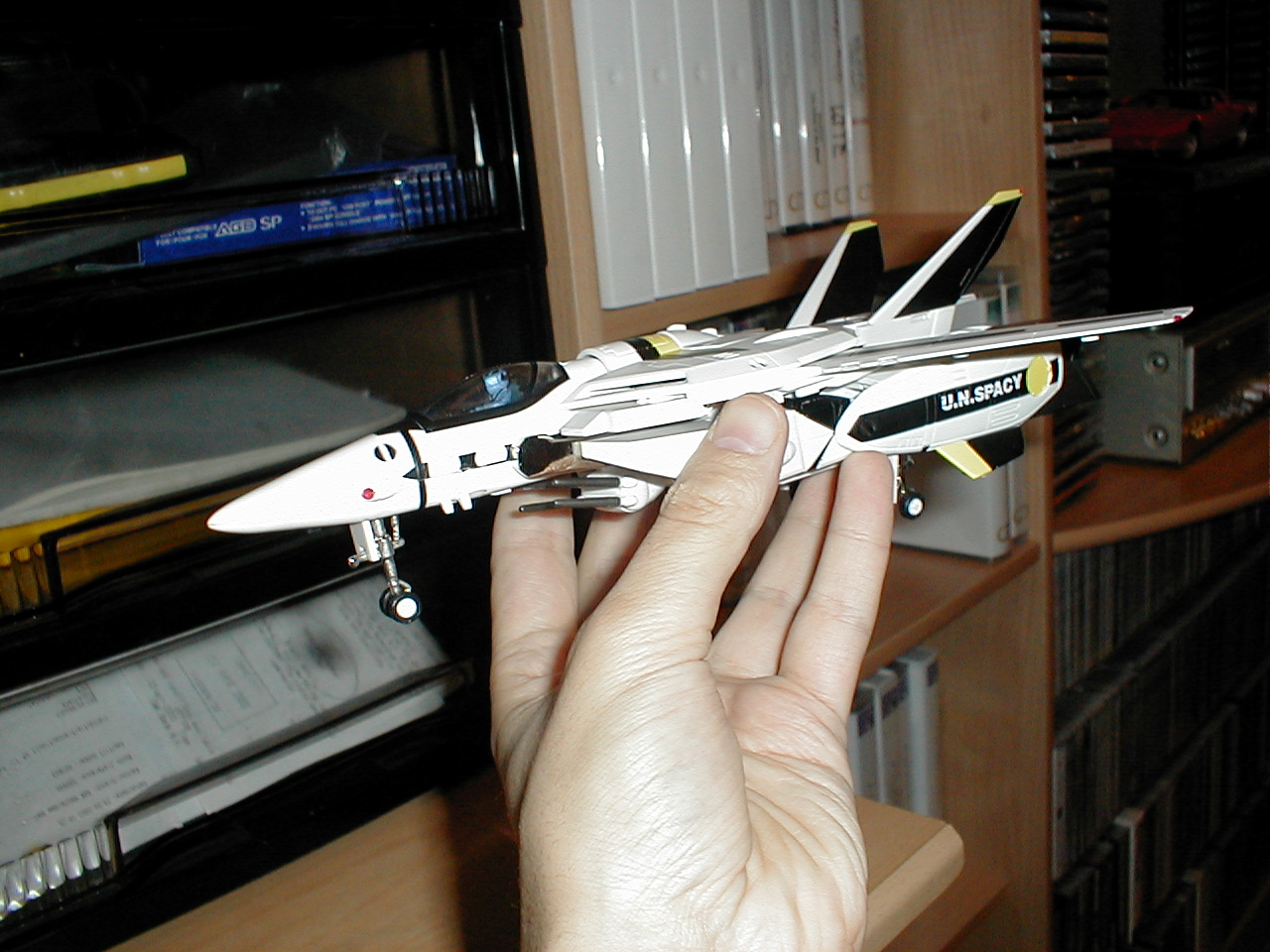
In recent years, private airline flights have gained important traction amongst affluent people and company entities, reshaping the landscape of air travel. This case examine delves into the components contributing to the rise of private flights, the advantages they provide, the challenges they face, and their influence on the aviation business.
The growth of Private Airline Flights
The private aviation sector has skilled exponential development over the last decade. In response to the Nationwide Enterprise Aviation Association (NBAA), the number of private flights within the United States elevated by over 25% from 2010 to 2020. This trend is largely pushed by a mix of things, together with increased wealth amongst high-internet-value people, the need for personalized travel experiences, and the rising demand for security and convenience in air journey.

One among the first catalysts for the rise of private airline flights is the rising variety of ultra-excessive-web-value people (UHNWIs) globally. As wealth distribution shifts, more people are able to affording private air travel, which has historically been reserved for the elite. The COVID-19 pandemic further accelerated this development, as many travelers sought to avoid crowded commercial flights in favor of the security and exclusivity offered by private jets.
Benefits of Private Airline Flights
Private airline flights offer a plethora of benefits that cater to the wants of their clientele. These advantages include:
- Time Efficiency: One of many most significant benefits of private flights is the time saved throughout journey. Passengers can keep away from lengthy safety traces, test-in processes, and layovers associated with commercial flights. Private jets can entry smaller airports closer to their last destinations, decreasing overall travel time.
- Flexibility: Private flights present unparalleled flexibility in scheduling. Travelers can select their departure times and change itineraries on short notice, accommodating last-minute enterprise conferences or private commitments.
- Privacy and Comfort: Private jets provide a stage of privacy and consolation that business airways can't match. Excessive-profile people can conduct enterprise conferences, relax, or spend quality time with family with out the prying eyes of other passengers.
- Customized Service: Private airline providers often include tailored experiences, from gourmet meals prepared by top chefs to custom-made in-flight leisure. This stage of personalization enhances the overall travel experience.
- Safety and Well being: Within the wake of the pandemic, many travelers have prioritized health and safety. Private flights decrease exposure to large teams, and passengers can ensure their aircraft is sanitized to their standards.
Challenges Facing Private Airline Flights
Despite the various advantages, the private aviation trade isn't without its challenges. A few of the important thing issues embody:
- Environmental Concerns: The environmental affect of private jets has come underneath scrutiny, with critics arguing that they contribute disproportionately to carbon emissions compared to business flights. The industry is responding with initiatives to promote sustainable aviation fuels and more environment friendly aircraft designs.
- Regulatory Hurdles: The private aviation sector is topic to stringent laws that may vary by nation. Navigating these regulations may be complicated and time-consuming, notably for international flights.
- High Working Costs: Working a private jet involves substantial prices, including maintenance, crew salaries, gas, and hangar fees. These bills can deter some potential prospects from choosing cheap private flights flights.
- Market Competition: The rise of on-demand charter services and fractional possession fashions has elevated competition in the private aviation market. Companies should differentiate themselves by offering superior service and unique experiences to attract and retain clients.
The Impact of Private Airline Flights on the Aviation Trade
The emergence of private airline flights has had a profound impact on the broader aviation business. As private travel becomes extra mainstream, several trends have emerged:
- Elevated Demand for Charter Providers: The expansion of private flights has led to a surge in demand for charter companies, which allow individuals to ebook flights on a pay-per-use foundation. This model has made private air travel extra accessible to a wider audience.
- Technological Improvements: The private aviation sector has embraced expertise to reinforce buyer experiences and streamline operations. Improvements such as cell apps for booking, in-flight Wi-Fi, and superior avionics programs have develop into customary in the trade.
- Collaboration with Commercial Airways: Some business airlines have acknowledged the potential within the private aviation market and have begun to supply hybrid providers that combine components of both sectors. This collaboration permits airlines to faucet into new revenue streams while offering clients with more options.
- Concentrate on Sustainability: As environmental concerns continue to rise, the private aviation business is more and more prioritizing sustainability. Corporations are investing in research and improvement of eco-friendly aircraft and exploring carbon offset programs to mitigate their environmental affect.
Conclusion
The rise of private airline price airline flights represents a significant shift within the aviation landscape, pushed by changing consumer preferences and the growing demand for personalized journey experiences. While the business faces challenges associated to sustainability and competitors, the advantages of private flights proceed to attract a diverse clientele. As technology advances and the market evolves, private jet flights aviation is poised to play an more and more important position in the way forward for air travel, offering a blend of luxury, comfort, and security that meets the calls for of today’s travelers.







